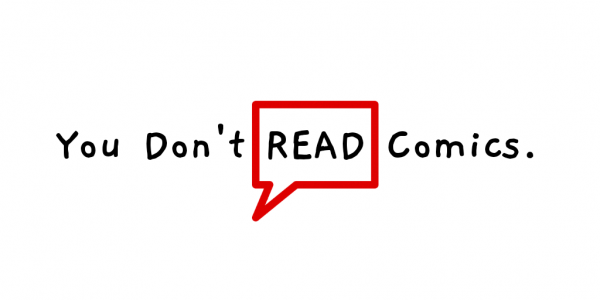As We See It // Review
As We See It is directed by Jesse Peretz, Jaffar Mahmood, David Boyd, Allison Liddi-Brown, and Jenée Lamarque. The show's writers include Jason Katims, Ian Deitchman, Kristin Robinson, Michelle Sam, Denise Hahn, and Jesikah Suggs. As We See It is an Amazon Prime exclusive based on the Israeli* series On the Spectrum, a show co-created by Dana Idisis and Yuval Shafferman and produced by Yes TV and Sumayoko.
*Authors note: While I thoroughly enjoyed this show, I need to make it clear that I do not support the nation of Israel or the horrific actions it continues to enact against Palestinian people. Please consider supporting and donating to organizations dedicated to helping Palestine.)
As We See It follows three mid-twentysomethings named Violet (Sue Ann Pien), Jack (Rick Glassman), and Harrison (Albert Rutecki) as they try to navigate stressful jobs, romance, and familial changes. But unlike many of their peers, Jack, Violet, and Harrison all have autism which presents them with unique challenges and perspectives in their daily lives.
Violet, Jack, and Harrison are roommates in an apartment partially paid for by Harrison's parents and Violet's older brother Van (Chris Pang). They receive additional support from a therapeutic aide named Mandy (Sosie Bacon), who helps them set and maintain goals, including maintaining a job, making friends, and becoming more independent.
The actors portraying the three main characters are all on the autism spectrum, which is a huge step in the right direction for autism representation in media. Another huge representation win within the show is the inclusion of Violet, a woman of color. Often times autism representation is limited to portraying young white men. And this can sometimes lead to the autistic experience being portrayed as monolithic like every autistic person has the same life experiences.
As We See It does an excellent job of portraying autism as a very different experience for every person. Violet, Jack, and Harrison can't portray the entire variety of autistic life experiences, and it would be unrealistic to expect any single show or piece of media to do so. But the three of them all behave differently and exhibit different behaviors. And the show doesn't shy away from showing behaviors that sometimes make neurotypical people uncomfortable or appear awkward and out of the social norm, and not in a "cute and quirky" way.
As We See It season one only has eight episodes, which isn't a lot of time to work with. However, Katim and the other writers do an amazing job of setting the plot's pace in a way that nothing feels rushed, and the characters all undergo what feels like a realistic and reasonable amount of growth. At the end of season one, Violet, Jack, Harrison, and even Mandy and Van, are different than who they were at the start- but they didn't get there easily. They struggled, worked hard, and even had moments where their progress stalled or went backward. All of those moments helped to make them who they are. Hopefully, As We See It will be renewed for season two, but if the worst-case scenario does happen, the season does end in a way that could feel like a complete, if open-ended, story.
As We See It does have a few issues. One such moment is an instance where Jack's father says he has Aspergers, a term that is no longer used as a diagnosis due to the fact that Hans Asperger was a Nazi. It's a throwaway line, but language matters, especially in a show that will be on such a large streaming platform. Thankfully, the rest of the show doesn't use this term when referring to any of the character's diagnoses.
Another critique is the way the character's interests weren't very fleshed out beyond the basics. We see minor details such as Violet's love of unicorns, Jack's interest in computers, and Harrison's enjoyment of ping pong. There is a lot of emotional and interpersonal growth for these three, so they do feel like fully realized characters, but it would've been nice to see more of their interests.
These minor issues are far outweighed by everything good about As We See It.
This show means so much to me as an autistic adult. So often, it feels like content about autistic people focuses on children and teens- that content is important and has its place, but autism doesn't just go away the moment you turn 18. By showing characters who are full-grown adults with autism getting jobs, navigating relationships, etc, As We See It gave me characters, I could deeply relate to. I could see many of my own behaviors, stims, and struggles reflected in Violet, Jack, and Harrison, and I hope that can give hope, and happiness, to other autistic adults.
As We See It is a deeply emotional, well-written exploration of what adulthood can look like for people with autism.
As We See It premieres on Amazon Prime Video on January 21st, 2022.







